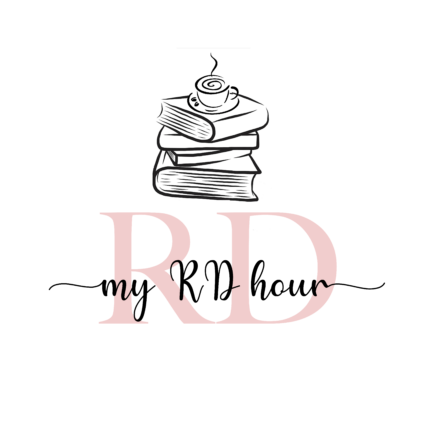Stop Drinking coffee in the morning
Coffee is without a doubt the most widely consumed stimulant in the world. Coffee consumption can average up to 200mg per day! Yikes!!!!!! What if I told you that you probably shouldn’t have coffee in the morning. Remember that stress hormone everyone talks about named Cortisol? In my clinical lab days, a lab test for cortisol was never measured in the morning, it was always drawn and tested at night. You see, the hormone cortisol has what we call diurnal variation. This means cortisol blood levels vary throughout the day. The levels are higher in the morning and lower in the evening. So for laboratory purposes, the most accurate reading of this hormone is best done in the evening.
How does this relate to coffee?
Well, caffeine found in your delicious cup of coffee or little 6oz macchiato…or my favorite a 2 oz cortadito from Miami; directly affects cortisol levels. How, you might ask?
It RAISES cortisol levels.
As a matter of fact,
Cortisol levels are already at its highest in the mornings. So you are adding a stimulant that directly increases one of your stress hormones over and over and over again.

Let's recall the effects of Cortisol.
Cortisol is THE biomarker for stress management. More specifically it is a glucocorticoid hormone. This hormone is secreted by the adrenal cortex (sits right on top of your kidneys). Synthetic versions of this hormone exist to serve the exact function glucocorticoids (such as cortisol) does, that is, act as an anti- inflammatory.
You should note, glucocorticoid receptors are present all throughout the body. These receptors can be found around major organ systems. Major organ systems include: Nervous, Immune, Cardiovascular, Respiratory, Reproductive, Musculoskeletal and Integumentary.
Cortisol has a catabolic function that provides energy to the body. In essence, cortisol is a reason the body wakes up in the morning.
Cortisol also serves to:
- Control metabolism in muscle,fat, liver and bone.
- Increase glucose levels by stimulating the formation of glucose (gluconeogenesis).
- Also has an “inhibitory” effect on insulin (hormone that lowers blood sugar), by stopping the transport of glucose into the cells.
- Muscle catabolism/anabolism. ( it helps build-anabolism as well as breakdown-catabolism muscle formation).
- Remember the line you just read above? When cortisol inhibits insulin, glucose is not pushed into the muscle cells as it normally would in conjunction with exercise.
- Decreases amino acid uptake. You need amino acids for proper protein formation and muscle building guys.
- Increase blood pressure.
- Maintain the body’s homeostasis by regulating bodily functions involved in stress as well as normal activities.
- Regulates circadian rhythm.
- Suppresses the immune system.
- Anxiety, Depression and Headaches are the worst too.
However, if you still decide to use caffeine or still want to try caffeine, do try to maximize the effectiveness at the very least. I would say pay attention to labels. For example, “energy supplements” that might appear caffeine free, but 1,3,7-trimethylxanthine is also another name for caffeine.
If you are unsure how sensitive you are to caffeine, start with just 3 mg of caffeine per kilogram of body weight.
Do keep your daily intake below 6 mg per kg of body weight. I do low caffeine days or alternate low caffein days with no-caffeine days per week.

